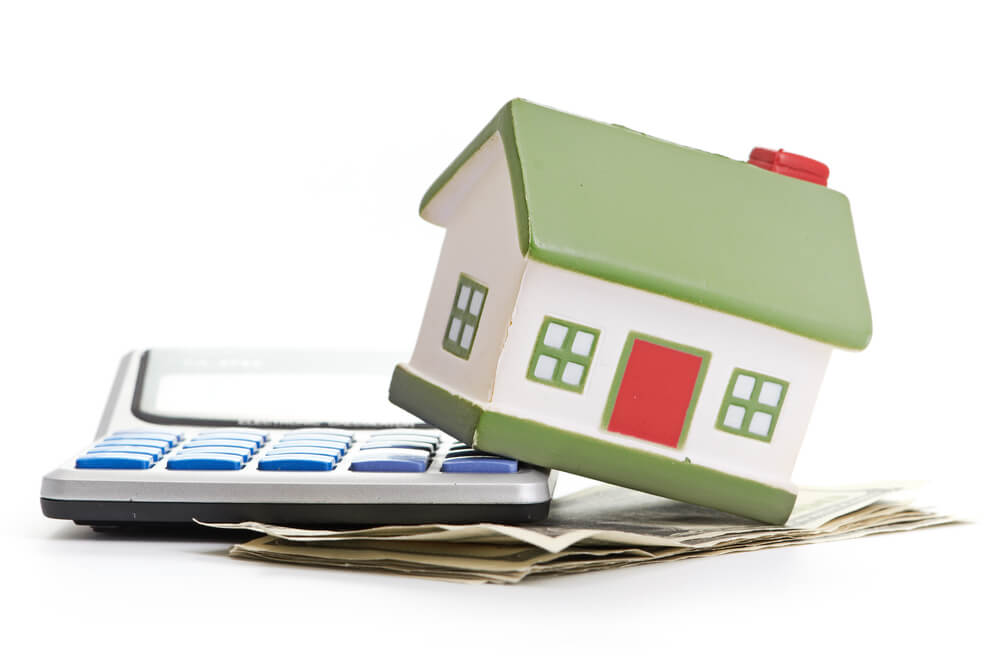It’s a Good Time for a Debt Consolidation Loan

Debt Consolidation Loans
When mortgage rates are at or near historic lows, like they are now, it’s a perfect time to take advantage of these low rates, consider a debt consolidation loan, and increase your buying power. At the same time, if you already have a mortgage and haven’t taken a look at refinancing lately, you might want to give it another try. Further, if you do decide it’s time to refinance, you might also want to think about a debt consolidation loan. What is a debt consolidation loan? As the name clearly implies it’s a loan that refinances multiple credit lines and credit accounts into one larger loan. When refinancing an existing mortgage and there are outstanding credit accounts, we might want to talk about rolling these outside accounts into your newly refinanced mortgage.
What is a Debt Consolidation Loan
A debt consolidation loan can be either a new first lien or a standalone second. But when refinancing an existing first mortgage, the motivation shouldn’t be to pay off other debt or take out cash with a cash-out refinance. A refinance should make sense financially, a debt consolidation loan is a secondary consideration. If rates have dropped and you’re thinking about lowering your monthly payments, it’s time to talk about whether or not refinancing makes sense. If you haven’t looked at rates in a while and maybe you thought about refinancing say a year ago, it might not have been a 100 percent sure thing. But compared to this time last year 30 year rates are 0.75 percent lower and 15 year rates are close to 0.50 percent lower. A debt consolidation loan might make sense.
When thinking about the possibilities of a refinance, the answer won’t be solely in the interest rate. Instead, it will be about how much lower your payments will be due to the lower interest compared to the costs involved with getting a new mortgage. If closing costs are $4,000 and your new monthly payment drops by $150 dollars, you’d recover that $4,000 in just over two years. Not bad. If you’re saving $50 per month, that recovery point balloons out to 80 months. Not so good.
Know Your Options
But if you decide it does make sense and you have other outstanding debt, think about rolling some or all of that into a debt consolidation loan in with your new mortgage. Mortgage rates offer some of the most competitive rates in any credit industry. Credit card rates on the other hand, can offer some of the highest rates. Credit cards issue unsecured credit. This means there is no collateral tied to the note. Lenders takes more risk with unsecured credit compared to secured credit. If someone defaults on an automobile loan the lender recovers the asset, for example. Mortgages are also secured by the property being financed.
Let me run some numbers for you. I’ll pull a new credit report to verify balances and monthly payments. You may be asked to provide the terms on your additional credit accounts. This lets me determine whether a debt consolidation loan makes sense in your instance. If it does make sense, it’s absolutely important that you cancel the additional credit accounts and not run up the balances.
Finally, you can take out a standalone second mortgage. If refinancing your first doesn’t make sense then compare your current credit account rates and terms with a second lien. In this example, you would keep your existing mortgage and add a second lien as a debt consolidation loan.
Takeaway
A debt consolidation loan can include most any type of credit account from automobile loans to student loans. And while you’re paying off your existing mortgage and credit card debt, you might want to also pull out a little extra cash for anything you might want to buy or do. It’s all up to you.


